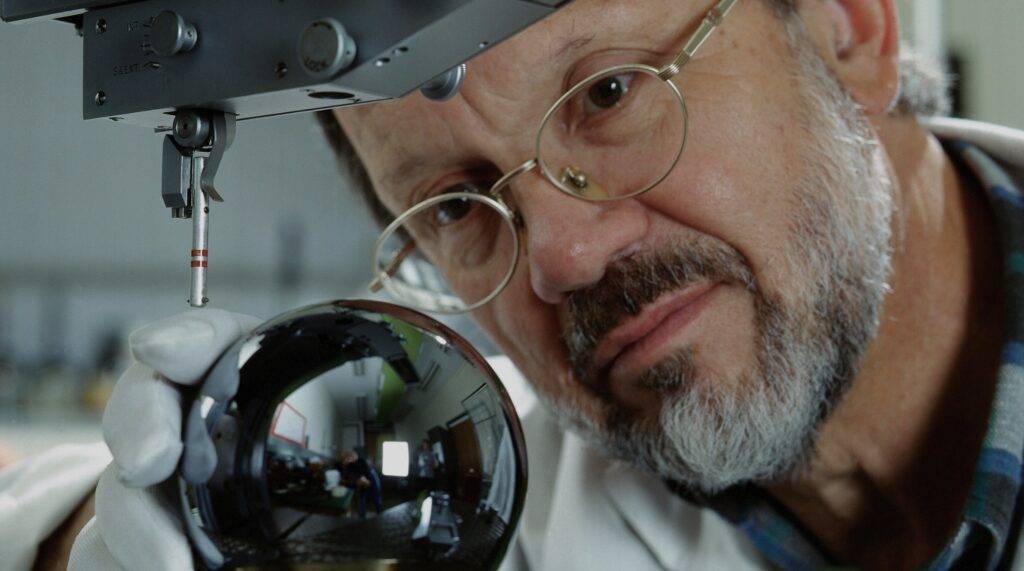
It would certainly be a stretch to call Ferson Technologies a startup. Founded in 1942 during World War II by Fred Ferson, the company has an 80-year legacy of building precision optics for the Department of Defense and other clients. Ferson is instrumental in the optics systems for the TOW anti-tank missile, for instance, recently in the news for their deployment in Ukraine.
But just because a company isn’t a startup doesn’t mean it can’t pivot. And that’s what Ferson is doing in 2023, said CEO Joseph Madden, by moving from exclusively working as a contract manufacturer to creating its own line of products and offering them for sale. Until now, the company has received government contracts and built items according to those contracts; in 2023, they started making their own products.
“We had reached out to [Innovate Mississippi CEO] Tony Jeff to let him know we were looking for investment to help us move into a new chapter of growth,” said Ferson CEO Joseph Madden. “Tony has been a great partner and ally for that effort.”
Ferson is currently in talks with different investors. Madden and his team bought Ferson just a few years ago. He said part of that calculus was realizing that Mississippi is very attractive for manufacturing, particularly considering its labor and energy costs. Manufacturing in the U.S. has proven to be increasingly crucial for the defense industry, a need made very clear in the wake of the supply chain disruptions we all witnessed during the COVID-19 pandemic.
“Mississippi—to us—is a future hub of industrial and commercial manufacturing, but even more so with defense manufacturing, especially right here on the Coast,” Madden said. “We’re very bullish, as we believe in the next decade a core element of the defense industrial base will be here on the Gulf Coast of Mississippi.”
Madden said that while fulfilling defense contracts will continue to be a critical function for Ferson, building their own product line means the opportunity to integrate vertically. Doing that should increase profit margins by bringing a higher percentage of the manufacturing process in-house.
Doing that requires considerable investment because, as Madden says, “they’re not a software company.” While they do their share of coding, they need the tools, machinery and raw materials to pull it all together to manufacture products. Madden says the State of Mississippi is critical to that strategy.
“Mississippi has an industrial policy, and they look for creative ways to implement the policy,” Madden said, pointing specifically to the Mississippi Development Authority and the support that MDA’s Joe Donovan and the Jackson County Economic Development Foundation have shown for Ferson. “Mississippi has a framework to attract and retain manufacturers in the state … and has become a very attractive investment area for manufacturing.”
Madden says the focus on manufacturing means jobs and investment in places like Jackson County on the Coast. Ferson is seeking $2 million for this initial investment and sees creating ten high-paying jobs this year.
‘When it comes to economic development, my hat is off to Mississippi,” Madden said. “It’s one of the best states I’ve done business in.”

